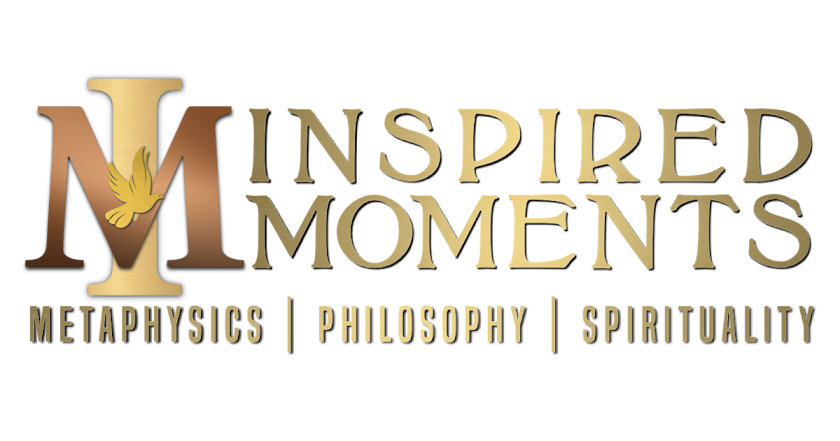HEBREW CONNECTION TO SATAN
Among the ancient beliefs of Zoroastrianism, the Persian Magi (Astrologers and Zoroastrian Priests) turned some Hindu concepts around, and with them the Asuras were good, and the Devas bad. “Ahura Mazda,” the god was good, his counterpart “Ahriman” was bad … the “devil” of sorts. So there was now evil and good. Therefore, there was between the god and the devil the waging of a perpetual war. And why not? Man has always been at war with himself, so why not the Gods as well?
Author Gerald Messandé wrote: “The early framework of the three monotheisms [Judaism, Christianity, Islam] had been erected. The Devil’s birth certificate was filled out by an Iranian prophet (Zoroaster).” Although, this is really only partly true, his full birth certificate was filled out by those who had changed the religion to what many contemporary followers of that faith believe today. And also, mixed in a bit from here and there, from among ancient myths and legends - and many other religions and philosophical systems - to create a conglomerate.
Now we move forward to the Hebrew Connection to all of this good/evil, god/satan stuff. Many years after all the changes to Zoroastrianism were made by the Magi, the Hebrew people came into contact with Zoroastrianism during the Babylonian rule, from 597 to 538 BCE. This was now a period after they had been exposed to numerous other beliefs and doctrines from other civilizations while under earlier Assyrian rule. Remember also, that the ancient Hebrews, were not always monotheistic. In their earlier times, they were polytheistic as many others before them were as well. There were Sky Gods, Nature Gods, etc.
It is from this Babylonian exposure to Zoroastrianism, that Judaism acquired the belief in a dualistic cosmos being torn between the forces of good and evil. It was here that Judaism acquired the concept of angels and, more specifically, their seven Archangels (the Seven Attributes of Ahura Mazda). It was here also, that the Hebrews were exposed to the idea of the evil entity Ahriman (Satan/ha-satan) working directly against God and a Saoshyant (Messiah) who would come at the end of time (Frasho-kereti) to assure and guarantee the restoration of Divine Law to the world.
It is worth noting that the Hebrew word for “angel” is malach, meaning “messenger.” Also note, the same is true for the English word Angel, derived from the Greek word “Angelos,” which also means “messenger.” Throughout Biblical scripture, an Angel, is a messenger of God/Source who carries out the Divine will of the Almighty. There is not one example in the Hebrew scriptures where any Angel, Satan included, “opposes” God’s will. “Satan (or ha-satan)” in Hebrew means “adversary.” (or opposer/accuser)
Now, shortly after Satan’s “birth,” the idea of Hell gained wide acceptance. Prior to this, the official doctrine was that all Hebrew people who died went to Sheol. Sheol was a place of shadows where the world still existed but remained forever out of your grasp. Everyone went to Sheol whether or not they were wicked or holy. Our modern idea of ghosts emerged from this belief. But, technically, it was ultimately “the grave.”
The Persians are also responsible for the doctrines of a “final battle,” a “final judgment,” and the “resurrection of the dead.” From them, the Hebrews developed a scheme of world history, new beliefs about the end of time, and a more extensive set of beliefs concerning Angels. Frankly, the Hebrews had few original ideas.
In fact, all of what you will find in Old Testament scripture (allegory and metaphor) was nothing new or original. It had all been said before, and long before the Hebrews came along. They merely customized earlier stories with their own symbolism, rituals, geography, and names. The same goes for the Roman New Testament as well.
So, returning to where we were ... “Satan” gained a established place in late Hebrew and early Roman Christian thought to explain the sinister reality of sin and suffering in a world whose faith, was believed to be under the wise and beneficent guidance of the Almighty God/Source. Biblically speaking, this concept of Satan, was one of being a Prosecuting Attorney, under employ of the Court of God.
The conception of “the evil one” in his dual aspect of being the enemy of God, enemy of man … even a “fallen Angel” can be traced way back to its origins in much earlier religions, and is based entirely upon mythology. Just remember, under all of the stories, fables, metaphors, allegories, parables, and myth … is hidden much deeper lessons for the spiritual advancement of man. This evil one, is none other than the human ego. The one who chooses to either be in alignment with the default of goodness, or stand in opposition to it.
The ancient Greek root word “mythos” is not as we see the word “myth” today. Today, we see see and use the word “myth” and the meaning we have attached to it is that “it never happened,” or “it’s just a meaningless fable, or urban legend.” But that was not the original concept by the Greeks. There was always something hidden under the guise of a myth that was much more important than the story itself. I will wrap this up with one of my favourite quotes from Joseph Campbell:
“A myth is something that never was, yet always is.”
Research everything you’ve been taught. Question everything you believe, and why you believe it. There is always something more to the story than meets the eye ... and the word.
Just a thought ...
Justin Taylor, ORDM.
